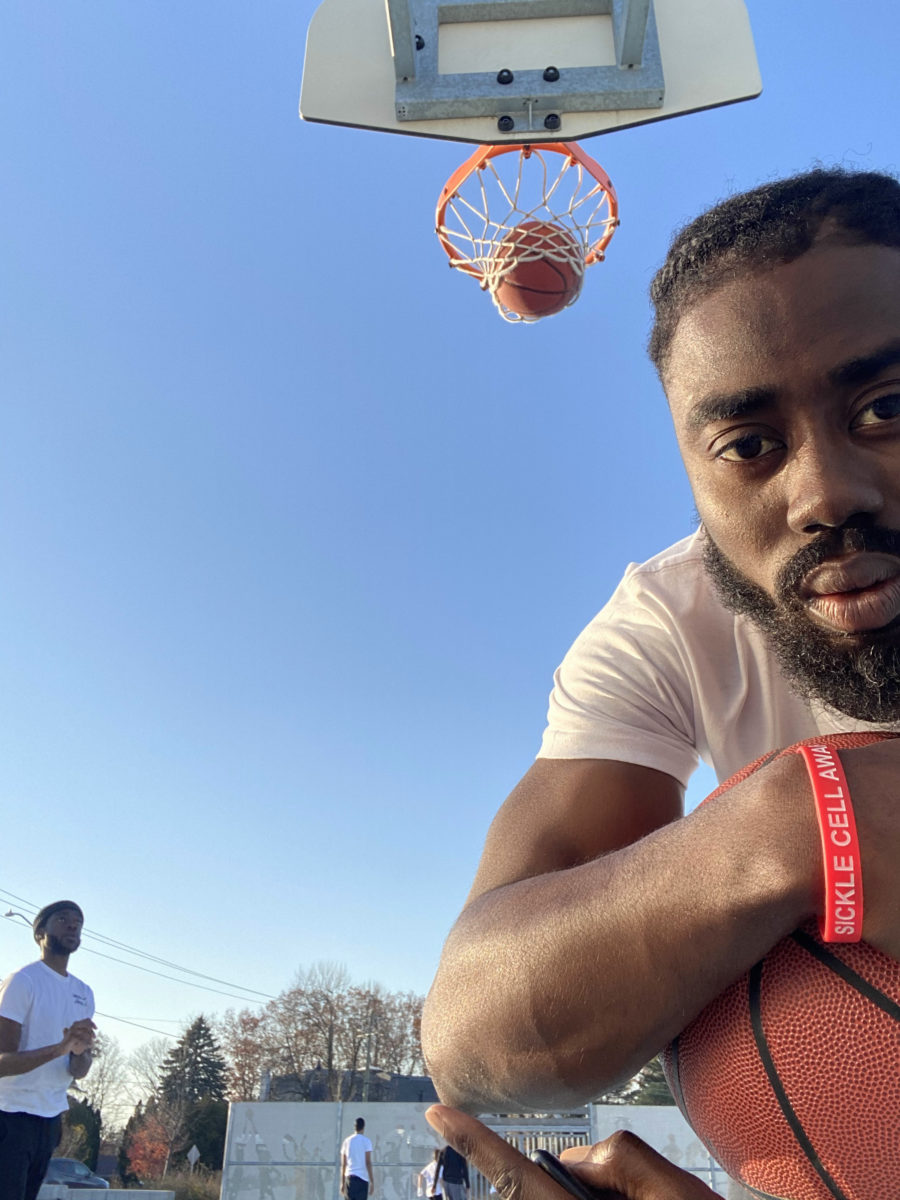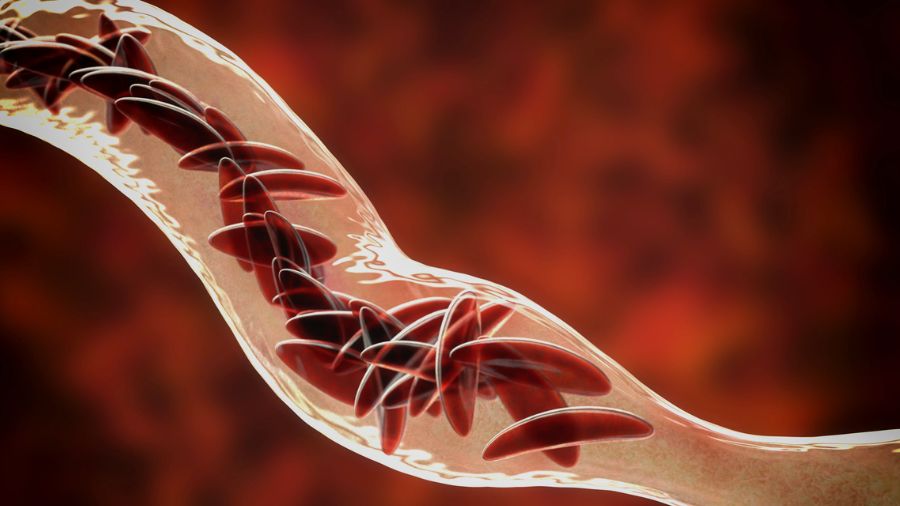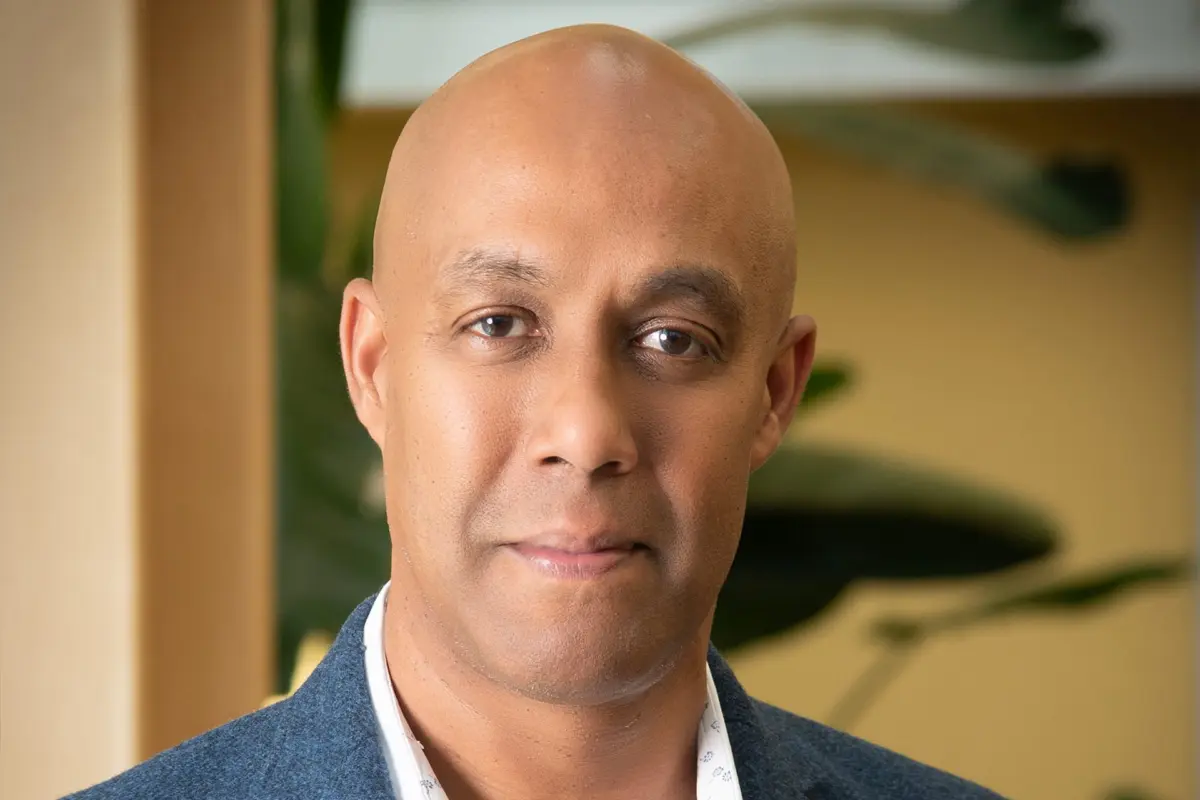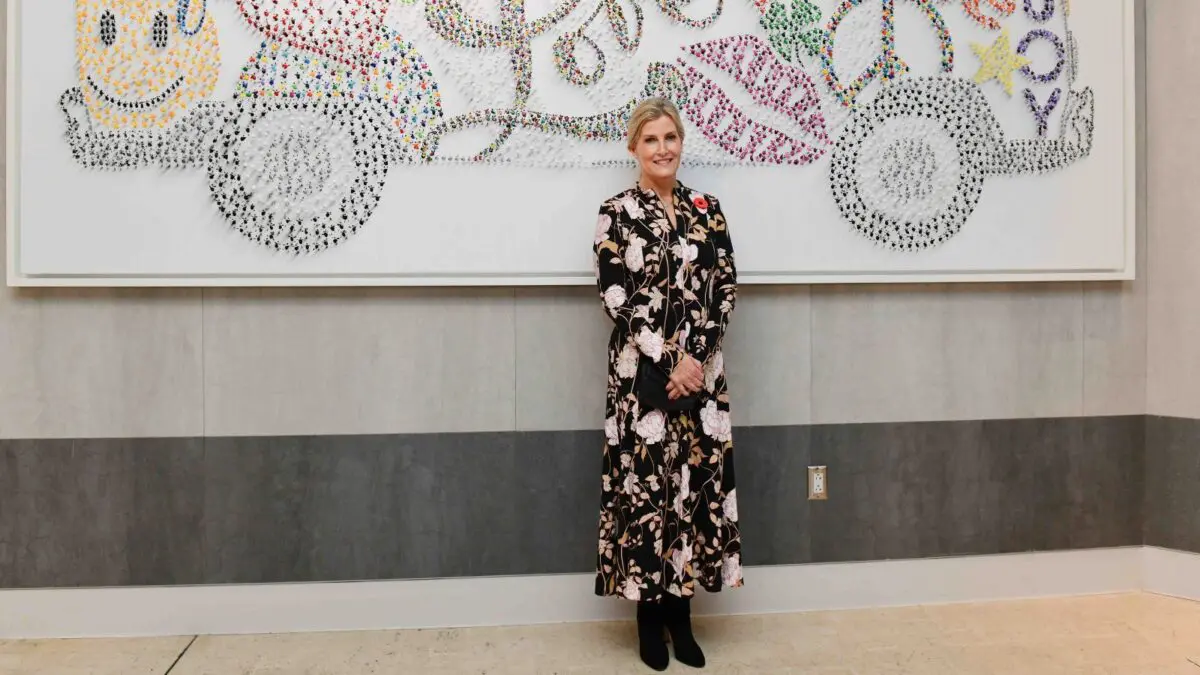In March 2019, Emmanuel Boakye was preparing for family trip when he experienced the most severe sickle cell episode of his life.
At three months old, he was diagnosed with Sickle Cell Disease, an inherited disorder of the red blood cells that disproportionately impacts Black people. Sickle Cell Disease limits the blood’s ability to carry oxygen, resulting in patients suffering from severe cases of excruciating pain from anemia and being immunocompromised.
“Every now and then I’ll have a crisis. But on this particular day, the crisis was a bit different and came on very strong, so I rushed myself to the hospital,” says Emmanuel.
Upon arriving at Toronto General Hospital, he was immediately placed in the ICU and put on a ventilator; he had multisystem failure, pulmonary embolism, and a large mass in his cecum (the beginning of the large intestine).
The next thing Emmanuel remembered was waking up in intensive care – where he was told he had spent three weeks in a coma.
He was 50-pounds lighter, had a tube down his throat, couldn’t walk, machines were helping him breath and he looked like a completely different person.
“I spent my 29th birthday recovering from the most life-threatening crisis I’ve ever had,” he says. “I’ll be honest – I was scared. I thought I was not going to walk again.” For someone that has loved sports since a young age, this was a terrifying thought for him and his family.
Emmanuel had been coming to Toronto General Hospital’s Red Blood Cell Clinic for about eight years prior to this crisis, where he saw hematologist, Dr. Richard Ward.
“Emmanuel’s journey as an individual living with Sickle Cell Disease highlights the potentially devastating and unpredictable impact it can have on health as well as the day-to-day burden on quality of life,” says Dr. Ward. “As Canada’s centre of expertise, at UHN’s Toronto General Hospital, the Red Blood Cell Disease (RBCD) team is able to provide high quality care that positively impacts patients like Emmanuel and also to be a leader in research for new discoveries that will improve the lives of all patients with this condition.”
Waking up from the coma was just the first step to recovery. He spent weeks on dialysis and had to re-learn to use his legs. He credits medical professionals, like Dr. Ward, and the other Hematology staff including the nurses, respiratory therapists, pharmacist and the multidisciplinary team that he saw daily for his recovery. He also credits the ICU team for their exceptional care.
“They really helped me. They got the guys to come in – the therapists, the physios. They came in, got me on my feet and they helped me walk, one day at a time,” says Emmanuel.
He felt like he was given a chance at a second life and wanted to give everyone access to the treatment options he had. He was inspired to give back after seeing various donor names on the commemorative wall in the Toronto General Hospital lobby.
“I really want to be that guy to tell his story and say I was a sickle cell warrior in this,” says Emmanuel. “We are losing lives to this disease,” he adds, expressing his frustration at the lack of research and funding being put into addressing Sickle Cell Disease by the greater community.
Sickle Cell Disease is often stigmatized; patients suffering from pain and requesting medication are sometimes wrongfully interpreted as displaying drug-seeking behaviour. There’s also a significant mental health strain that patients with sickle cell live with, and often hide, due to not wanting to be further stigmatized. And because Black communities in particular have been disproportionately impacted by COVID-19, there is an additional layer of danger for sickle cell patients at this time – who are immunocompromised to begin with.

Mixing his love for basketball and DJ’ing, Emmanuel created Lakeside Hoops in the summer of 2020 with his close friend Kwaku Watson – a basketball tournament to raise funds and awareness for sickle cell research.
With the increased awareness about the tragic killings of Black people, the rise of global social justice movements happening during summer 2020, and the health inequities that racialized and lower income communities face as highlighted by COVID-19 – Emmanuel recognized that this tournament had the chance to represent something more.
He wanted to create a safe space for everyone – a space where people could be active and receive mentorship that they wouldn’t have access to otherwise, especially for kids from marginalized communities. He saw the event as a way to spread awareness about not only Sickle Cell Disease but anxiety as well. Emmanuel brought his DJ gear and played music, hoping to create a space of joy and community.
“Community events like Lakeside Hoops bring our youth together and sheds light on sickle cell.”
At the event, Emmanuel also sold t-shirts with the slogan, “We shoot shots not Black boys.” He set up the basketball tournament within his community and charged an entry fee per team, and gave all proceeds to sickle cell research.
“At the end of the day, if I’m not here tomorrow – I left something. And it can become something bigger.”
Emmanuel plans on hosting the tournament again in 2021 to continue raising awareness and funds for sickle cell. He’s committed to not only creating a community of joy, but to also give back to the people like Dr. Ward and the team at the Red Blood Cell Clinic who saved his life.


